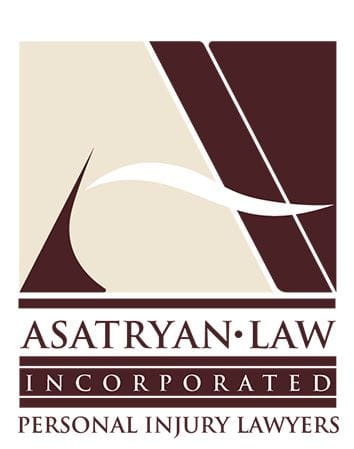There's been a dedicated focus to improve teen driving in recent years, namely through Graduated Driver Licensing (GDL). GDL is a program that emphasizes gaining experience before drivers take to the road on their own.
While statistics have improved, the National Highway Traffic Safety Administration (NHTSA) is wary of the results, noting that older teens show more risk than younger teens and that fatalities from teen drivers actually increased in 2015. Making a quick summary of the statistics from the group's reports, teen drivers are 1.6 times more likely to be in a crash than other age groups.
There are myriad other stats to back up the argument, and it's determined that parental influence, awareness campaigns and stricter rules concerning teen drivers are the key to making the roads safer for our kids and for everyone else.
Driving patterns vary based on where people live and what their background is, but there are universal tips to improve overall safety. The CDC emphasizes proper drivers' education and also parental driving guidelines and limits.
Areas of parental focus
- Driver inexperience - Assisting youth in gaining experience.
- Driving with teen passengers - Setting limits on teenage passengers.
- Nighttime driving - Setting curfews for driving at night and providing practice.
- Use of seat belts - Insistence on always wearing them.
- Distract driving - Don't allow distractions in the car, whether phone, food and more.
- Drowsy driving - Know you child's schedule so s/he isn't putting safety at risk.
- Reckless driving - Enforce speed limit obedience and following at a safe distance.
- Impaired driving - Be a good role model and reinforce the message.
NHTSA initiatives
Following a review of data from 2005-2014, NHTSA has measured results and plans to keep their program moving. The emphasis on logging hours behind the wheel before nighttime driving and transporting passengers has been effective but the highest rates of accidents are now with drivers aged 17-19.
To address these concerns, the program is being retooled to further include drivers who have some experience but are still relatively new to the road.
To improve awareness in this age group the NHTSA aims to:
- Expand Graduated Driver Licensing to age 21.
- Require all drivers to complete training and drivers' education.
- Promote the benefits of older drivers completing the program.
- Send warning letters about driving safety when teens receive a moving violation.
- Require seat belt use for all seats in a vehicle.
- Educate parents about teen driving safety for ages 18-20
- Promote safe driving at colleges
- Work with police for high visibility enforcement on high school and college aged drivers
- Promote a safe driving message through popular music and sports outlets
While statistics show that GDL programs have increased teen driving safety, young drivers continue to be in a disproportionate amount of accidents, including fatalities. Most kids today grow up riding in a car and playing driving video games, making driving seem like a routine behavior instead of something that puts your life at risk on a daily basis. We spend so much time in the car that it's easy to forget that a split second is all it takes for something to go horribly wrong, forever altering our future.
Increased awareness, education and training will make smarter, safer drivers that have more experience for when those dangerous moments and reactions are needed most.



Comments Loading...
Leave a comment